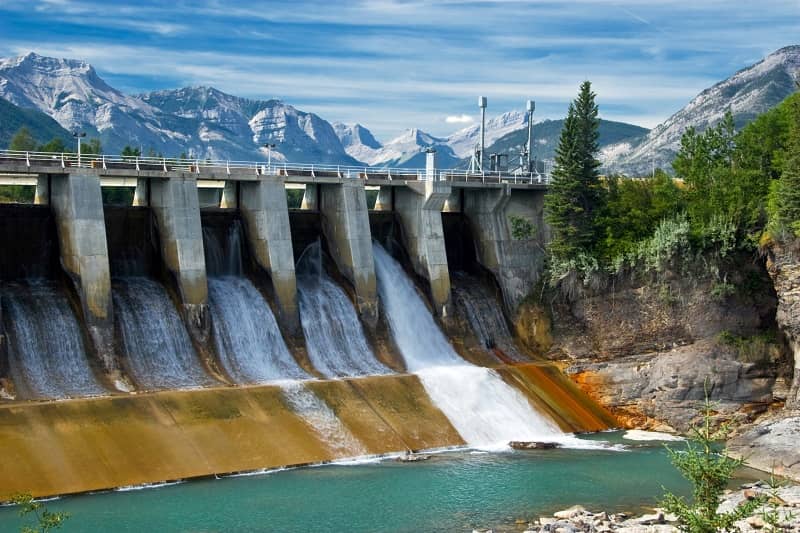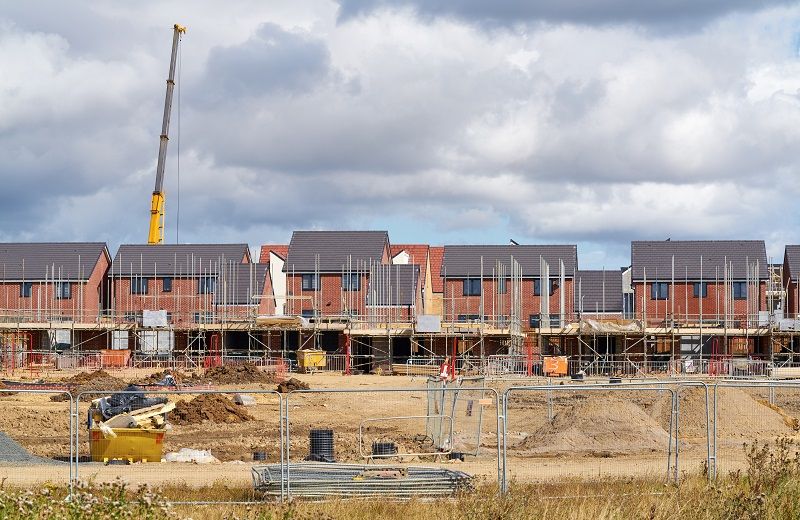By Madilynne Clark
Should permitting agencies receive increased funds? If budget increases are justified, should finances be increased through fees or the general fund? This is the question that must be asked regarding two bills in front of the House Ways and Means Committee in the Oregon State Legislature, House Bill 2808 and House Bill 2165. Both bills address the budget shortfall of $875,000 for the Oregon Water Resources Department (OWRD), but through different methods. Instead of choosing which bill offers the best path towards good governance, the legislature seems to be saying, “both.”
HB 2808 would increase the permitting and licensing fees related to wells, and HB 2165 would provide an increase in funding to OWRD from the general fund of $830,415. Initially proposed as a one-or-the-other approach, the current recommendation from the last work session in the Oregon House Committee on Agriculture, Land Use, Natural Resources, and Water is that both bills are needed, with no downsizing of either proposal.
The solution addressed by these bills is critical to the one-in-four Oregonians relying on domestic wells as their primary source of potable water. Every state has some type of permitting process for well construction. In Oregon, there are 15.68 FTE (full-time employees) supporting the program, which supervises over 250,000 wells, with about 3,000 new wells each year. The well construction program protects public health by identifying poor well construction and addressing the associated groundwater contamination.
It is easy to determine that well-owners, not taxpayers, should pay for the increased employment costs at OWRD. Permit fees are a means of ensuring that the agency has a fiscal responsibility to process applications, versus relying on a one-time bailout from the general fund that has no statutory requirements for processing applications. According to testimony from OWRD, “The fee increases proposed are 40% for start card fees, and 10% for well driller licensing and landowner permit fees. This proposed fee increase will maintain existing staffing levels in this program through the 2027-29 biennium.”
Well-owners are usually very familiar with lump costs because there are plenty of upfront and maintenance expenses, despite being cheaper than city water in the long-run. Drilling can range from $5,000 to $10,000 on average, with deeper, more difficult drilling sites costing more. Repairs are also expensive, ranging from a couple hundred dollars to $2,000 for pump. A permitting increase of $140 (from $350 to $490) would only account for a one to two percent increase in construction costs.
When the associated consequences of drilling an illegal well is a Class B misdemeanor and fines of up to $25,000 (in the case of Cannabis plants), a $140 increase is unlikely to significantly alter behavior. The taxpayer funded general fund should not be the means of covering the externalities created by the increase in illegal well drilling, as desired by the Oregon Groundwater Association in their testimony. Members of the work session discussed this viewpoint.
Rep. Anna Scharf stated, “I would love for the agency to figure out how they can work on an enforcement mechanism, so that they increase the fines against the bad guys to pay for the good guys.”
Rep. Mark Owens replied, “Though I don’t support a lot of fees. This program definitely articulated it probably needed both these bills in order to continue the improvements they have made to try and stop illegal wells.”
Instead of pushing for two new funding increases, the legislature should be evaluating when fee increases are warranted. Good budgetary stewardship by OWRD would mean ensuring staff workloads are maintained, wait times are not increased, and no rulemaking is adopted leading to processing slowdowns. The legislature should require OWRD to report on their efficiency during the next biennium.
Advocates of limited government recognize the potential economic damages of fee increases on businesses and employment. But when fees are required by law, it should be the users and beneficiaries of the projects that pay the price, not the taxpayers. Fee increases should be permitted only when the agencies can show increasing employment costs, increasing demand for processors, and that no agency rulemaking has created obstacles to processing. In the case of OWRD, funding increases are needed; but this should come from the landowners wanting a new well, not the unsuspecting taxpayers who are already paying their own monthly water bills.
Madilynne Clark is a Policy Analyst at Cascade Policy Institute, Oregon’s free market public policy research organization.












